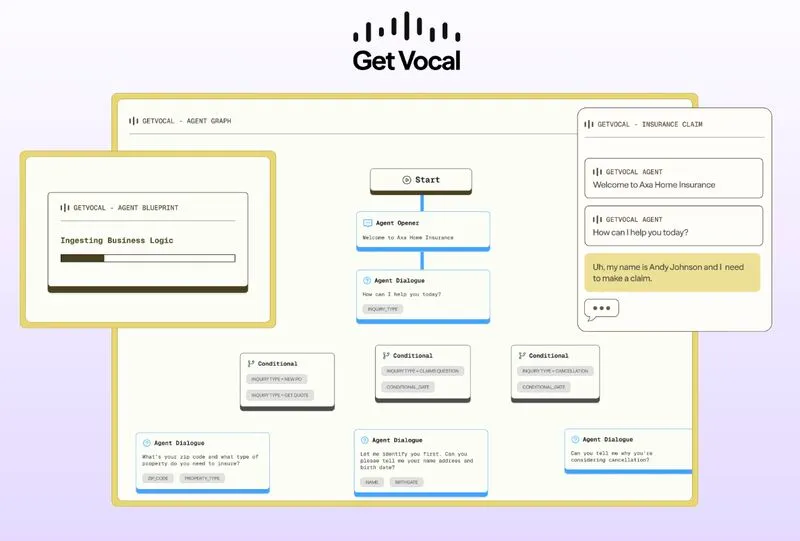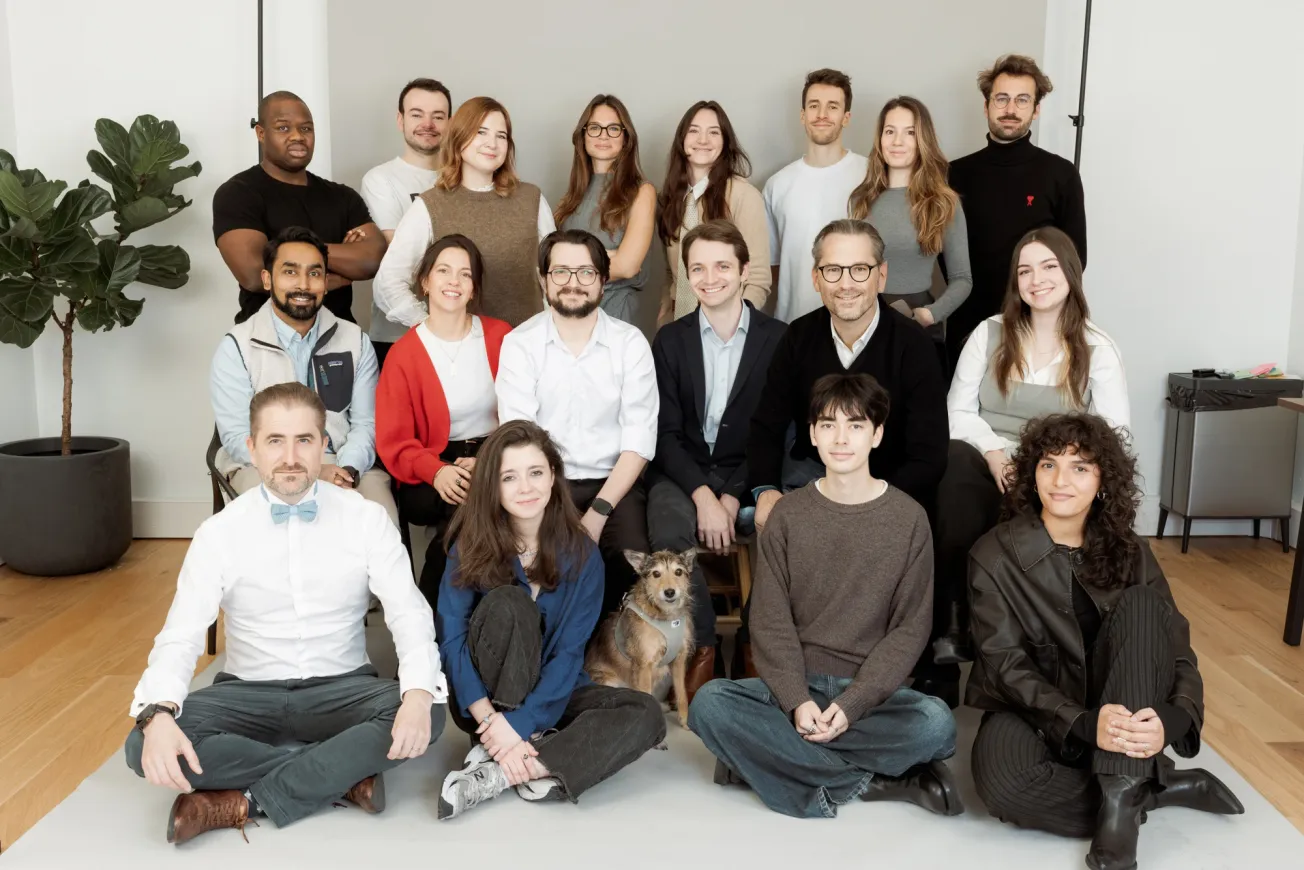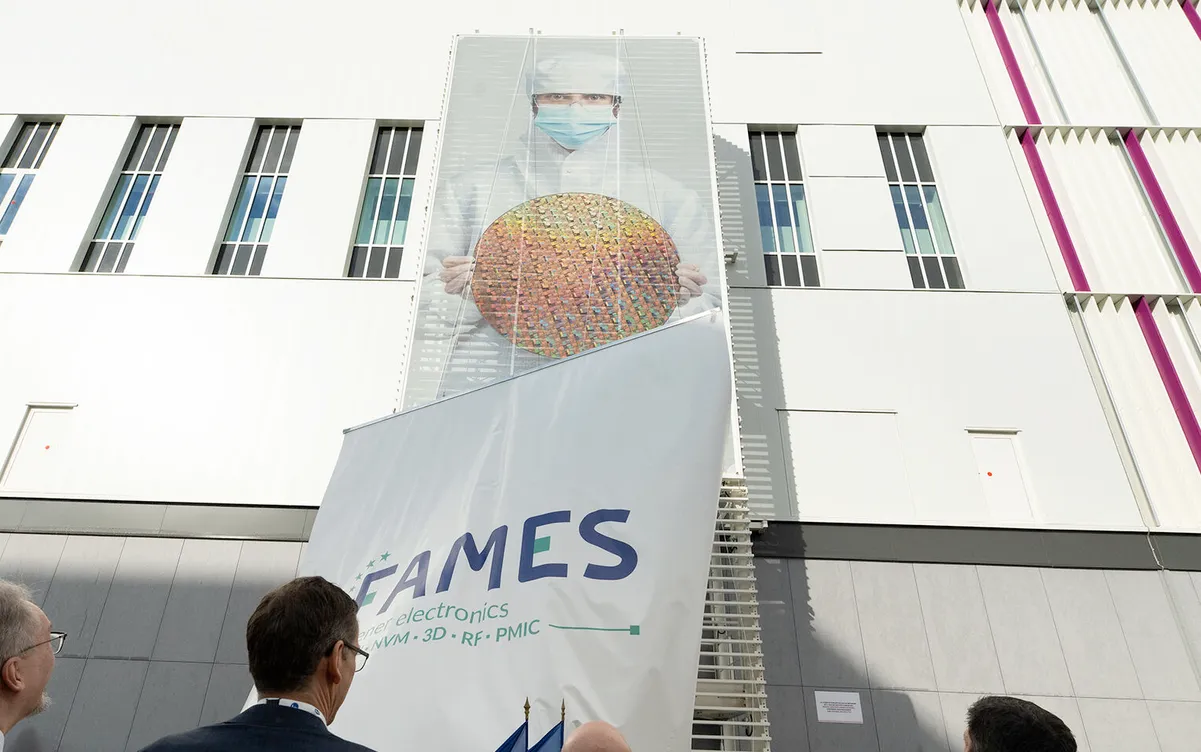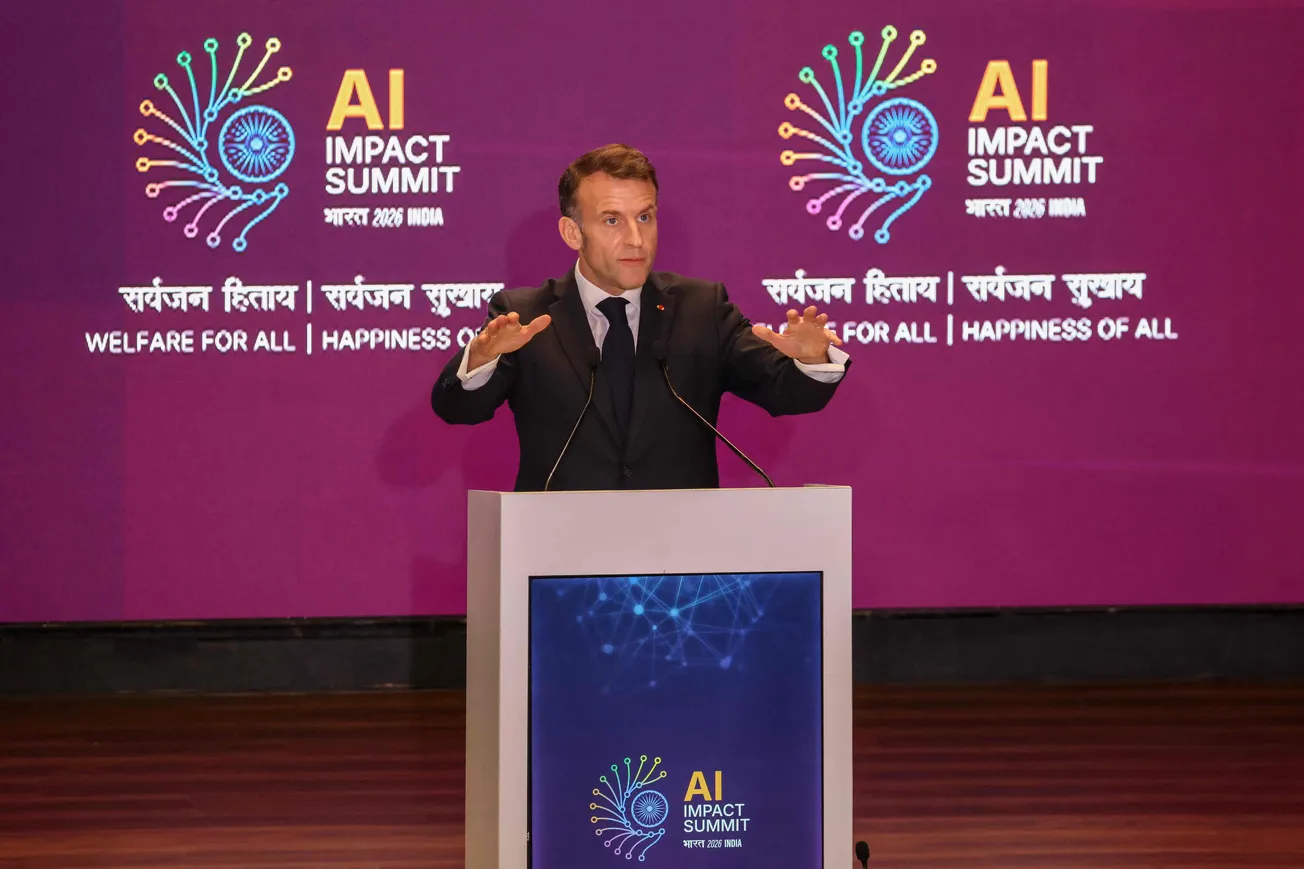AI — Deep Dives
From Cavemen to Conversational AI: GetVocal and the Human-Agentic Voice Renaissance
GetVocal raised a $26M Series A to fuel a new era of human-guided, agentic voice AI. Its system blends ancient communication instincts with cutting-edge tech to deliver trusted, enterprise-ready automation.






